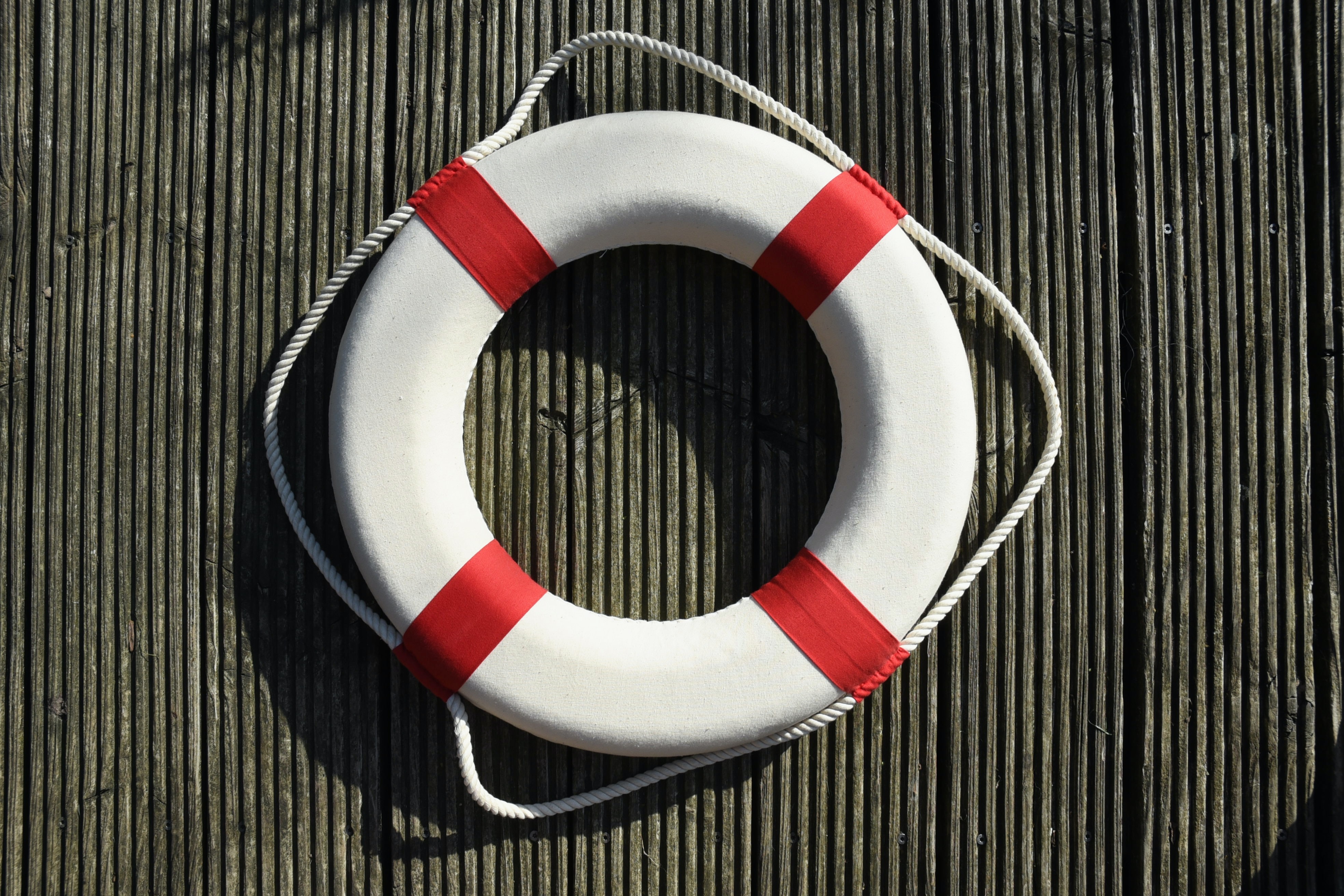National Safe Boating Week runs from May 21st-27th, 2022. This global awareness effort by the Safe Boating Campaign encourages boaters to brush up on safety skills and prepare for the season ahead.
Here’s a closer look at National Safe Boating Week and some actions you can take to ensure you’re having fun on the water, all while boating responsibly.
Safe Boating Course - Saturday, May 21st
If you are operating a powered recreational vessel, take a boating safety course to gain valuable knowledge and hands-on experience. The U.S. Coast Guard Auxiliary, U.S. Power Squadrons, and local boating clubs all offer courses. There are options for everyone, from beginners to experienced boaters.
Essential Gear - Sunday, May 22nd
Check that all essential equipment is present, working, and in good condition. Schedule a Vessel Safety Check (VSC) with the U.S. Coast Guard Auxiliary or U.S. Power Squadrons to ensure that the vessel complies with Federal, State, and Local safety requirements.
These vessel safety checks are free of charge. If your boat does not pass, no citation will be issued at that time. You will instead be provided with a written report on how to correct any deficiencies.
» MORE: Coast Guard Vessel Safety Checks
Wear Your Life Jacket - Monday, May 23rd
Make sure everyone is wearing a life jacket or personal flotation device (PFD). A life jacket or PFD will help keep all onboard safe and prepared if unexpected circumstances arise on the water. A stashed or stowed life jacket is not helpful in an emergency.
When selecting a life jacket, check that it is U.S. Coast Guard approved. It should also work properly, fit properly, and be appropriate for the water activity.
Boating Under the Influence - Tuesday, May 24th
Never boat under the influence. Alcohol and drugs affect judgment, vision, balance, and coordination. These impairments are often accelerated and intensified by the marine environment.
When boating, fishing, or participating in other water sports, choose to be or designate a sober operator before leaving the dock. Recreational boats are considered vehicles and safe operation is a legal and personal responsibility.
Watch the Weather - Wednesday, May 25th
Weather conditions can change quickly on the water. Always check the forecast before departure and frequently monitor conditions throughout the course of the excursion.
Environmental Factors - Thursday, May 26th
Be aware of the local and nearshore coastal marine conditions (i.e., wind speed and direction, wave heights and period, and shore roughness).
Most VHF radios provide real-time observations from buoys and coastal meteorological stations, which will give you a good read on potential and current hazards.
Situational Awareness - Friday, May 27th
Keep a sharp lookout and know what’s going on around you at all times. Watch and listen for other vessels, radio communications, navigational hazards, and other perilous environmental factors. Operator inattention or improper lookout will increase your risk of collision.
Other Safe Boating Tips
- Travel at safe speeds and know the local boating speed zones.
- Use an engine cut-off device, or engine cut-off switch, which is a safety device to stop the boat’s engine should the operator fall overboard unexpectedly.
- Make a float plan and share it with someone onshore. It should include the trip itinerary, operator and passenger information, and boat type and registration.
- Keep multiple communication devices on board, such as satellite phones, emergency position indicating radio beacons (EPIRB), VHF radios, and personal locator beacons (PLB).
- Know the local boating laws. The rules and laws can differ depending on the state and violations can result in ticketing, fines, or worse.
- Check your boat’s maximum capacity. If you have too much weight on your boat or it’s not distributed properly, the vessel may become unstable and capsize.
- Always dress for the weather. With cooler weather, bring layers and an extra set of clothes in case you get wet.
- Follow the “rules of the road”, or navigational guidelines during a crossing, meeting head-on, or overtaking situation.
- Beware of carbon monoxide poisoning on boats with gasoline-powered engines and onboard generators. These machines produce carbon monoxide (CO), which is a colorless and odorless gas that can poison someone who breathes it in. Install and maintain a working carbon monoxide detector and never block the exhaust outlets.

